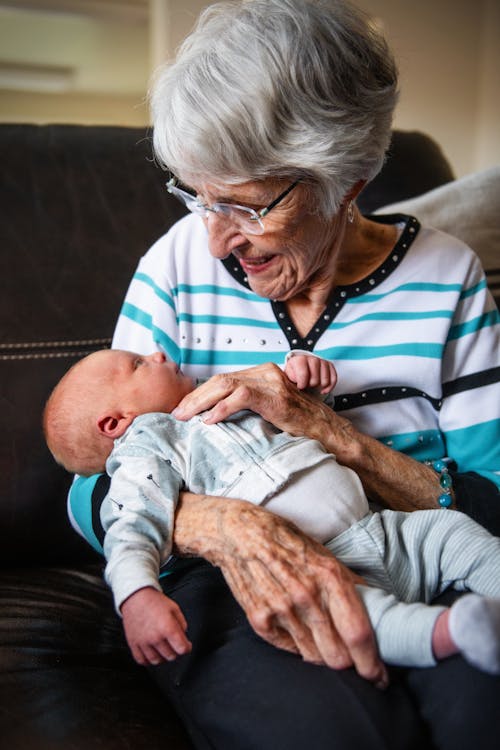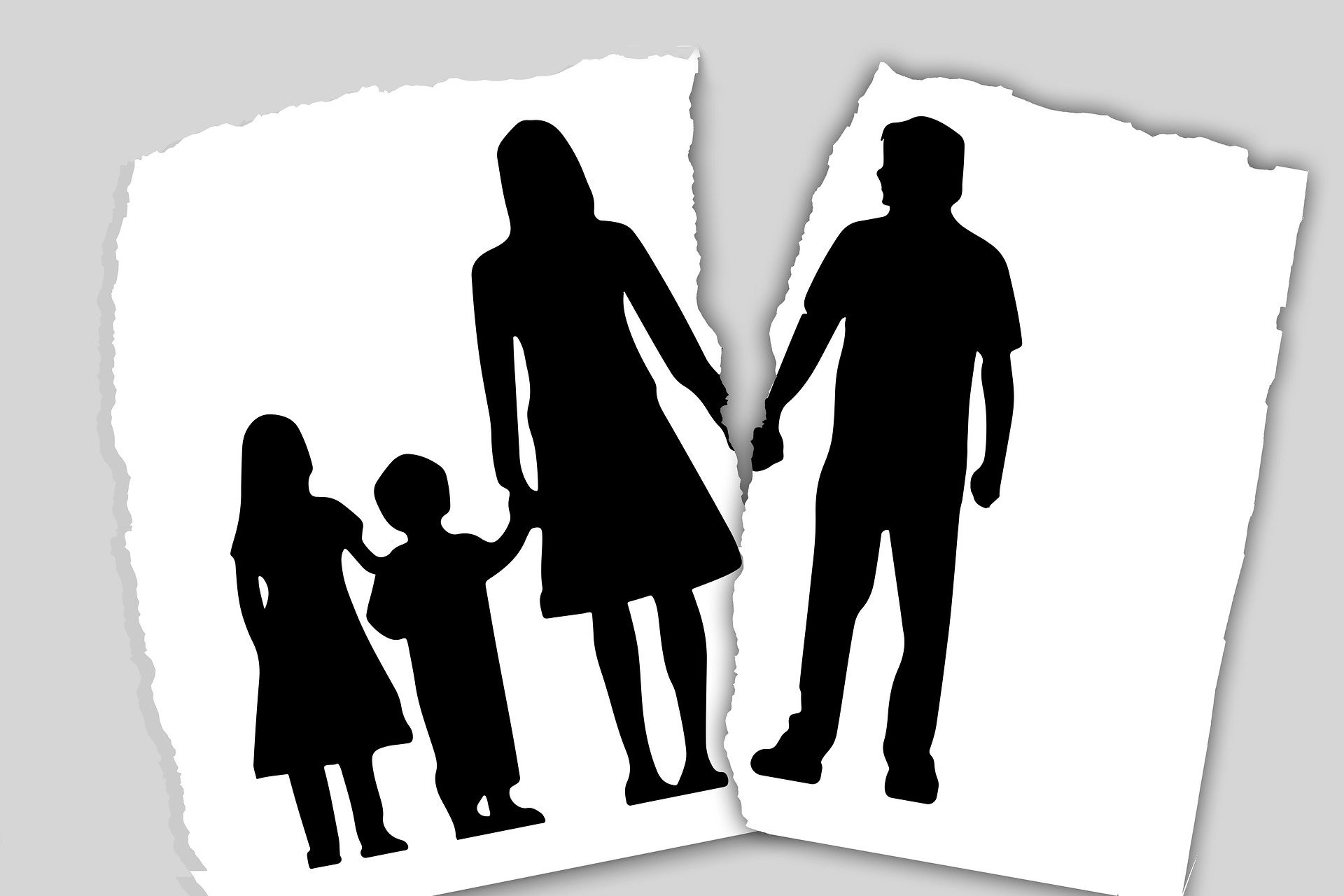New parents enjoy many moments with their newborn, but they also face new challenges. Grandparents especially want to share in these experiences with their grandchild. Follow these rules. They protect the baby’s health and keep parents calm, even when excitement grows.
The essential rules for grandparents visiting a newborn family include proper hygiene practices along with respecting the new parents’ intimate space to create happy experiences.
Understanding New Parents’ Needs
I remember my friend’s newborn baby. She felt excited but also overwhelmed. Continuous sleep deprivation combined with endless feeding duties and extreme fatigue made her disinclined to welcome new visitors. At that moment, I learned that newborn visits stem from the comfort level of parents rather than their enthusiasm. Every household maintains its particular policy about receiving visitors. The arrival of company brings joy to select individuals, yet others need privacy during their change period.
You need to get a real invitation from the parents before visiting. This shows basic respect. Visitors should ask instead of making statements when visiting by asking, “How can I support you?” The genuine expression of support from visitors means more to new parents than receiving unnecessary advice.
Hygiene and Health Precautions
Newborns have fragile immune systems—one tiny cold can be a big deal. Before you scoop up the baby, wash your hands like you’re about to perform surgery. And if you’re feeling even the slightest bit under the weather? Reschedule your visit. No exceptions. It’s better to wait than risk getting the baby sick.
Another thing: stay up-to-date on your vaccinations. Many parents request visitors to get their flu shots and Tdap vaccines (which protect against whooping cough). And let’s talk about scents. Babies are sensitive, so ditch the heavy perfumes, lotions, or that extra spritz of cologne. You don’t want to be the reason their first big sneeze happens!
Respecting Parents’ Rules and Decisions
Here’s the deal—new parents make the rules, even if you don’t agree with them. Maybe they prefer the baby to sleep in a crib instead of in your arms. Maybe they don’t want the baby passed around like a football. Whatever their choices, respect them. Grandparents, as well as relatives, face the challenging task of refraining from imparting advice. The best course of action is usually to listen rather than present solutions unless someone specifically asks for your advice.
Modern parenting techniques differ widely from those used 30 years ago, although older parents deem their former approaches effective. An alternative to criticizing their approach would be to assist when needed so that you maintain open communication.
Managing Your Excitement and Expectations
I get it—meeting your grandchild (or niece, nephew, etc.) is a huge moment. But people build the best relationships over time, not by forcing them in one visit. It’s tempting to stay for hours, but short and sweet visits are best in those early days. Babies need rest, and so do the parents.
Also, if they say they’re too tired for visitors one day, it’s not personal. Be patient. The more understanding you are, the more likely they’ll invite you over when they’re ready. And don’t stress about bonding—you have years to create memories. No need to cram it all into week one.
Handling the newborn with care.
Holding a newborn is a privilege, not a right. Always, always ask before picking up the baby. Some parents are cautious about germs; others want to keep things calm. And whatever you do, never wake a sleeping baby unless the parents say it’s okay. Sleep is precious in those first few months!
Oh, and kissing the baby? That’s a big no-no. Babies can catch viruses easily, and what seems like a harmless kiss on the cheek can spread infections. Stick to gentle cuddles instead.
Offering Help Instead of Overstepping
Want to be the favorite visitor? Bring food. Seriously, new parents barely have time to shower, let alone cook a meal. Offering to do a grocery run or dropping off a home-cooked dish goes a long way.
But here’s the catch—help without taking over. Don’t assume you’ll be the one changing diapers or rocking the baby unless asked. Sometimes, parents need someone to listen while they vent or to fold a basket of laundry. Support looks different for everyone, so ask what’s helpful.
Understanding the Importance of Personal Space
Bringing a newborn home is a major change. Parents are figuring things out, the baby is still settling in, and emotions run high. If you’re visiting, give them space. This also means don’t bring unexpected guests. A quiet visit can quickly turn into a chaotic gathering if cousins and aunts start tagging along.
If you sense the parents are tired or overwhelmed, offer to leave before they have to ask. It shows you’re being considerate of their needs.
When it’s time to say goodbye (and when to visit again)!
There’s a golden rule for newborn visits: leave before you’re asked to. If the baby starts fussing or the parents start yawning, take the hint—it’s time to go. A quick text later, like “Loved seeing the baby today! Let me know when you’re up for another visit,” keeps things open without pressuring them.
And remember, there’s no rush. If you don’t see the baby every day in the first few weeks, it doesn’t mean you won’t have a strong bond. The best relationships grow naturally over time.
Conclusion
Grandparents need to respect the boundaries in their new parent-child roles. This helps create a strong and loving bond between generations. The best way to help? Offer support, patience, and understanding—your grandchild will love you for it.







